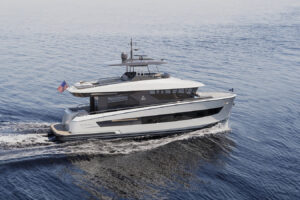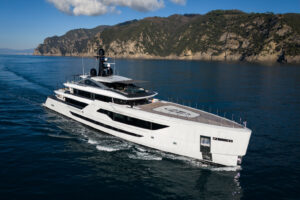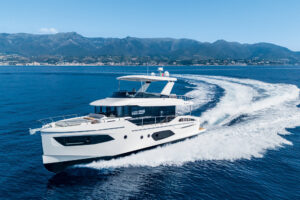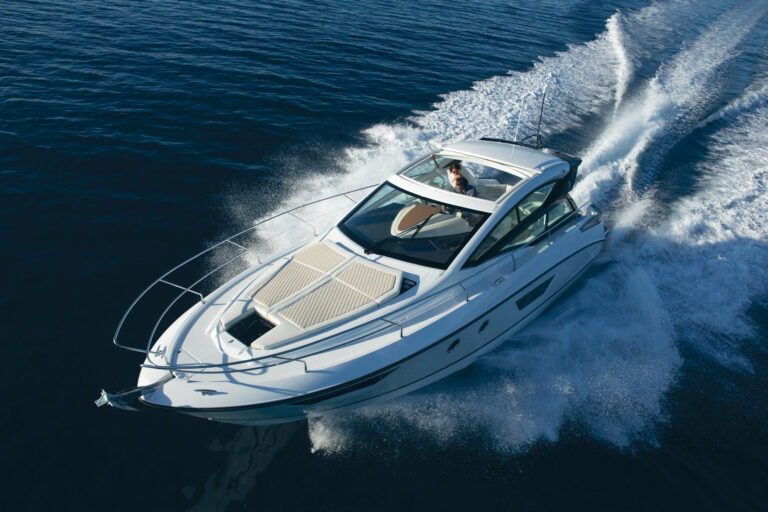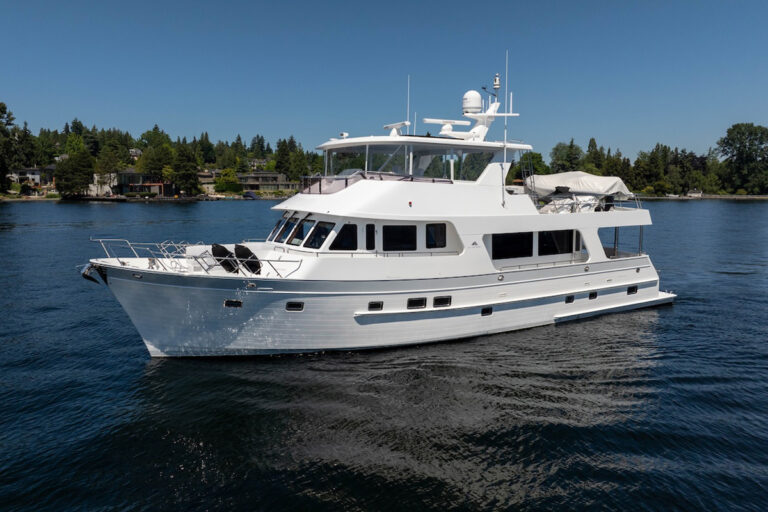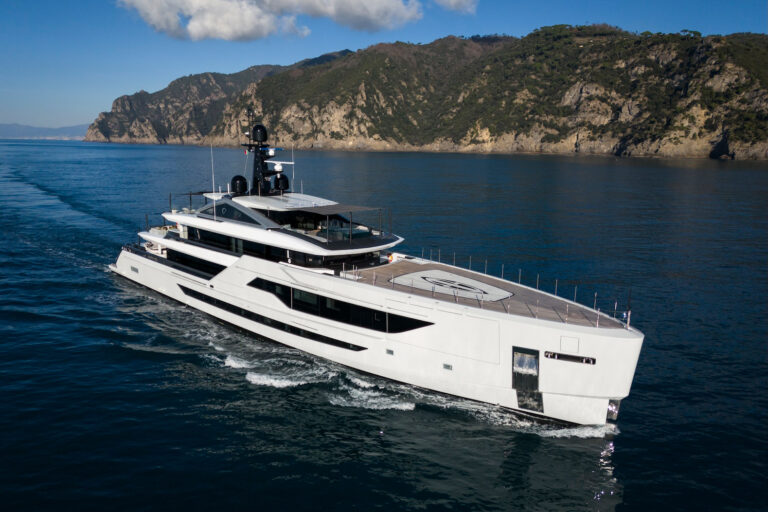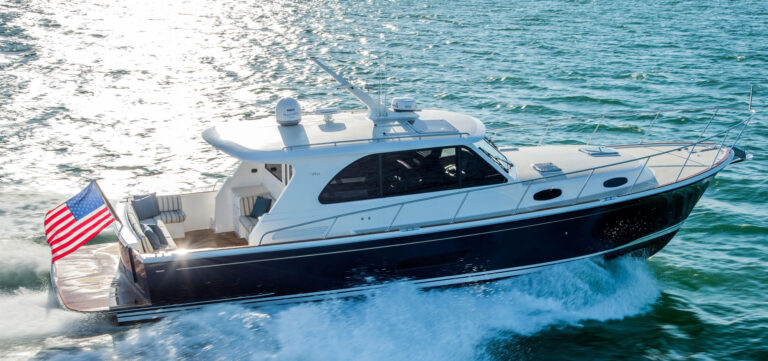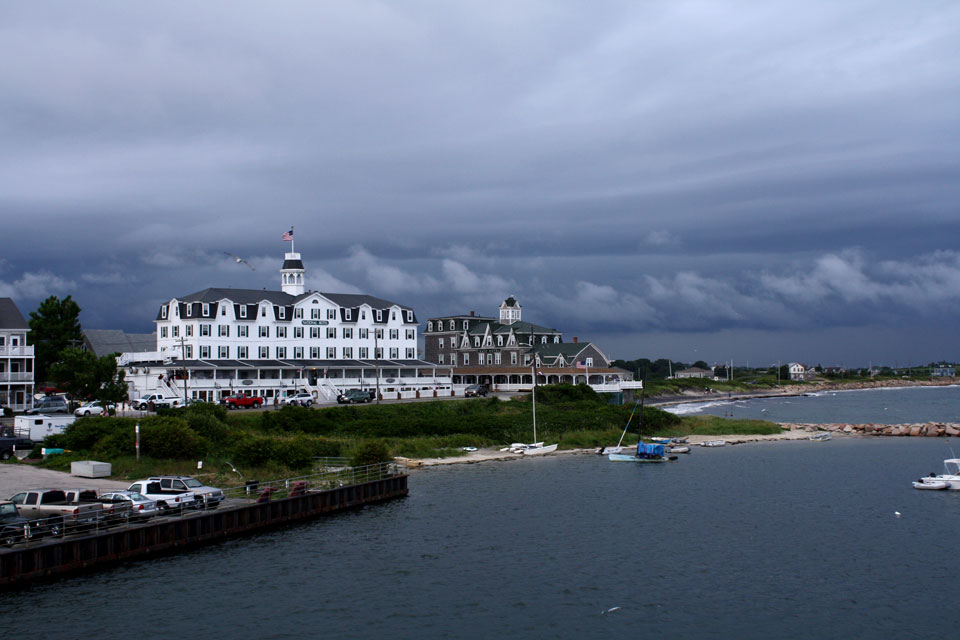
bi_stormy.jpg
I recently ran into an old friend who told me about a cruise his son had taken. The son has a modern cruiser with all the usual goodies — including, of course, electronics from VHF radio to GPS.
With his wife and two kiddies, he set off on a weekend trip to an offshore island. Without stretching this story, he got caught midway by one of those storm fronts that are now being blamed on atomic testing or something, but that actually have been dropping onto mariners for centuries. Suddenly he’s punching into gray-bearded seas and increasing winds, with driving rain reducing visibility to a few hundred feet.
Not to worry, he thought, because he had already programmed his GPS with the location of his planned anchorage. The GPS would lead him home like a cow to the barn.
No sweat, until all the lights on his instrument panel flickered and then disappeared. At the same moment, his wife called from below, telling him with a quiver in her voice that the lights had gone out. Inside the cabin, he smelled the acrid odor of burnt wiring and, after poking around, realized a leak had fried everything he held dear: autopilot, radio and, most important, his GPS.
My friend’s son had no way to communicate his problem to anyone and no way to fix it. His entire world had become a 100-foot radius of visibility in the gray rain, and he knew that somewhere in that mist were crashing breakers and sharp-fanged rocks.
The rain lightened, and he eased into his home marina, profoundly frightened by the experience.
He survived by turning and running back along his course, praying he would break free of the rain before encountering something particularly solid and nasty. He was lucky. The rain lightened, and he eased into his home marina, profoundly frightened by the experience.
It’s wonderful that you can buy a GPS for under $100 and that, since they’re now in cars, everyone knows how to use them. But I find it unfortunate that superb electronics have replaced the hands-on skills of navigation. Punch in your waypoints, link the autopilot and, in theory, you don’t even need to be aboard.
Today’s electronics remove one of the precepts of basic safety at sea: planning. In pre-electronic days, a skipper looked at a chart, considered currents, tides and wind, made some judgments and plotted a course. I’m sad to see traditional navigation wither because of electronics.
I’m not going to claim that I keep a paper chart plot all the time, but when I see the weather turning foul, I start a running plot on paper. When the lights (and pale-green numerals) go out, I know exactly where I am and how to get somewhere safe because I don’t have misplaced faith in any gadget.
You might never need these skills, but they’re an anachronism that can be enjoyable as well as valuable. There’s no joy in pushing a button that will put you within 30 feet of where you want to go, but there’s no greater satisfaction than when, after carefully charting your course through tide and wind, the lighthouse or buoy looms out of the mist exactly where it’s supposed to be.

